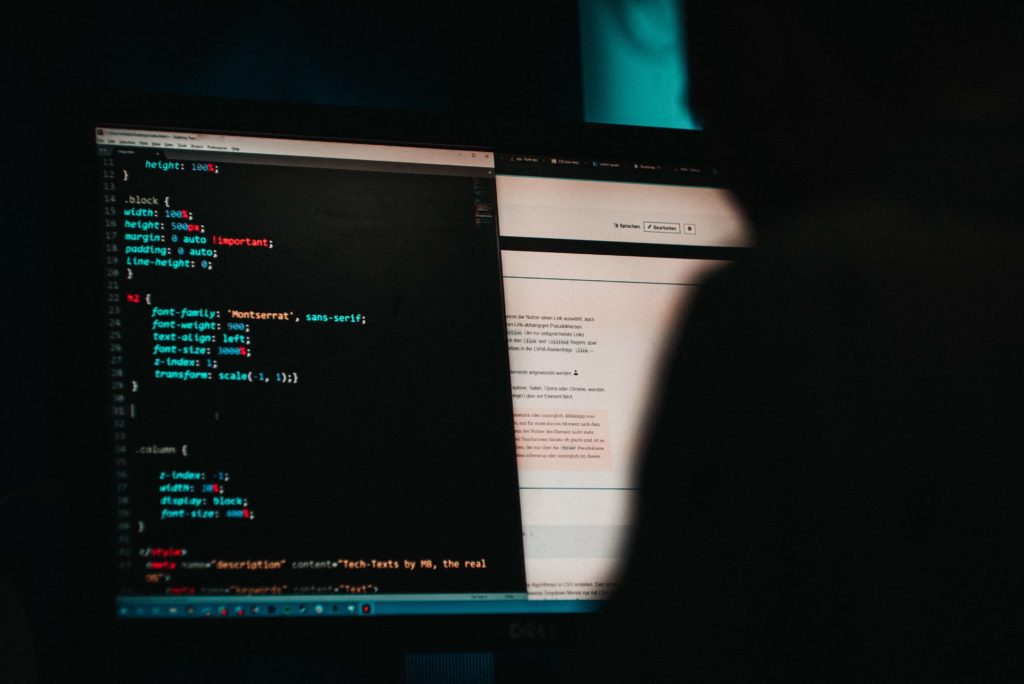Like many worldwide, we’ve watched in horror at the Russian Federation’s, and ultimately President Putin’s, ongoing invasion of Ukraine. Launched on February 24, 2022, and ongoing at the time of writing, the war of aggression has left widespread devastation and has cost many lives on both sides of the conflict.
Outrage about the Russian invasion has been shared in many capitals and communities around the world (including by brave Muscovites), and it is felt especially acutely here in Canada.
Canada has the third-largest Ukrainian population and diaspora on the planet, following Ukraine itself and Russia. More than 1,300,000 Ukrainians and those of Ukrainian heritage live in Canada, with over 900,000 living in Western Canada (Manitoba, Saskatchewan, Alberta, Yukon, British Columbia and the Northwest Territories).

Ukrainians are our neighbours, coworkers and friends. So while the conflict may be many kilometres away from Canadian shores in a geographic sense, it also feels much closer to home in a spiritual sense. It’s likely much closer to home than we even realize.
Russian Military Hacking
When it comes to cyberwarfare, Russia is a bonafide superpower. The Russian Federation has a robust set of cyber tools at its disposal and seemingly isn’t afraid to use those tools to reach its geopolitical goals. Sticking with the conflict in Ukraine, let’s look at two notable recent examples of Russian cyber-attacks in that country:
- Russian military hackers were blamed for cyber-attacks on Ukraine’s energy grid back in 2015 and 2016. 2016’s Industroyer attack left about one-fifth of residents in the Ukrainian capital, Kyiv, without power.
- Even more substantial, the NotPetya cyber-attack is believed to be one of the most costly ever. The attack, which caused an estimated $10bn USD in damage, was centred around an accounting software in widespread use in Ukraine. However, it ultimately spread around the globe, impacting thousands of companies and destroying many computer systems in the process. Western authorities pinned the blame on Russian military hackers.

The reputation of Russia’s military hackers and adjacent state-sponsored groups has grown to near mythical status in recent years. There’s almost no nefarious cyber activity that Russian-state-sponsored actors aren’t credited with being able to commit. While this may be overstating the cyberattacks Russia can mount, it’s clear that the Russian Federation has some serious cyber-attack tools at its disposal and is already deploying them.
Western leaders are concerned, with US President Joe Biden recently calling on organizations and private entities to “lock their digital doors.” It’s a sentiment shared in other western nations too. Moreover, given that the West has hit the Kremlin with a substantial economic sanctions package in response to the Ukraine invasion, which the Russian government has taken as an act of aggression, it seems plausible that the Russian state will retaliate in some form. That form could well be cyber-attacks (be it conducting them directly or encouraging them to cause disruption in the West).
What does this mean for you?
As we’ve blogged about in the past, size is no guarantee of protection against cyber-attacks. A small business can be a victim, just like a large corporation. This is especially true as our world gets ever more connected.
Attacks like the NotPetya attack present almost reckless disruption affecting companies and organizations of many stripes and scales. Given the current climate, we recommend that all businesses adopt a more robust security posture to protect themselves. It’s better to be safe than sorry and be proactive versus reactive. This isn’t a time to panic, but it is a time to prepare. Here are some action items that you can execute.
On the personal front
- Make sure you have strong, unique passwords for all accounts and use a reputable password manager.
- Do the updates on your phone, laptop, web browsers etc. These updates are often security patches.
- Utilize multi-factor authentication on email, social media, shopping, banking and entertainment accounts.
- Double-check before you click that link/attachment. Phishing is one of the most prevalent forms of cyber-attacks out there. Make sure the link/attachment is legitimate. Contact the email source who sent the link separately and confirm the details if you’re unsure. Ideally, you want to do this offline or, at the very least, aside from the questionable email. So, if the email is claiming to be from your bank, call your bank directly to verify. Trust your gut.
On the professional front
- All of the above, and;
- Empower your team and offer security awareness training to ensure those who access vital data understand the importance of keeping it protected.
- Understand where your gaps are and work to fix them. We offer Vulnerability Scans, Security Assessments and more to help with this. We’ll help you plug the gaps and keep the bad guys out!
- Develop a Security Incident Response Plan. A SIRP will help you follow the proper process in the event of a breach. Plan for the worst and hope for the best. Again, SeekingFire can assist with this!
- Don’t let the unknown stop you from reaching out. Cybersecurity can be an overwhelming topic, especially if it isn’t in your day-to-day wheelhouse. Don’t let that stop you from getting in touch. If anything, that’s all the more reason to contact us.
“You have the power, the capacity, and the responsibility to strengthen the cybersecurity and resilience of the critical services and technologies on which Americans rely… We need everyone to do their part to meet one of the defining threats of our time – your vigilance and urgency today can prevent or mitigate attacks tomorrow.”
US President Joe Biden
In some ways, cybersecurity is in permanent beta. There are constantly evolving threats and challenges, so no institution or organization is 100% secure forever. Things need to be measured, monitored, tested and tweaked regularly. It’s also about building as much cyber resilience as possible, working out how you remain operational in the event of a breach. At SeekingFire Consulting Inc., we help with all that and more, and we’re proud to work with clients across Western Canada. We offer free consultations to all prospective clients. If you would like to learn more, please reach out.
SeekingFire Consulting Inc. stands with the people of Ukraine.
Disclaimer
While we have made every effort to present accurate, unbiased and helpful information in this article, please note that it reflects the author’s opinion and is written for the purposes of general knowledge, information and discussion. This article is not intended as legal advice, nor should it be considered as advice specific to your individual data security situation. If you would like to discuss your cybersecurity needs in specific detail, please get in touch with us.




